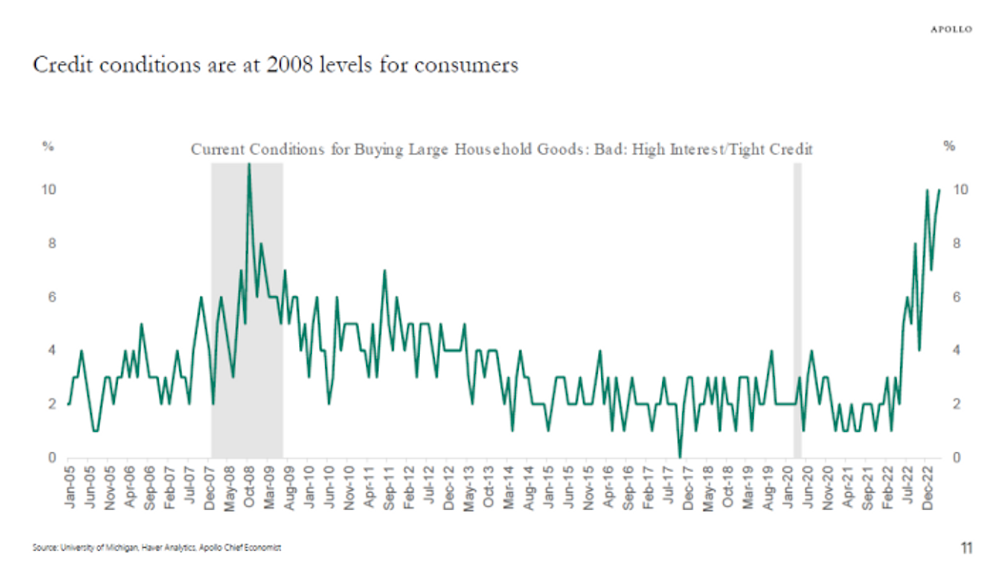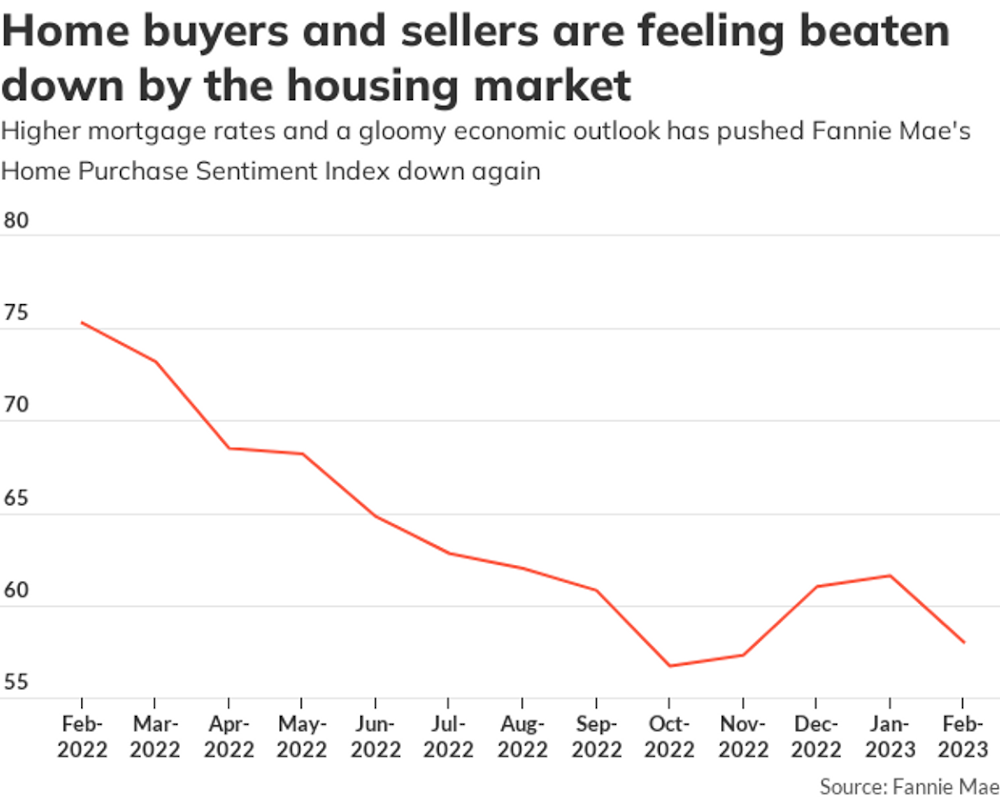LOS ANGELES (MarketWatch)
The Bank of Japan said Wednesday that the nation’s economic recovery has stalled due to sluggish conditions abroad and a rising yen, while keeping its policy rate unchanged.
In a statement following its policy meeting, the central bank held its overnight call rate target steady at 0-0.1% by a unanimous vote, as was widely expected, repeating that no changes were planned until prices showed “medium- to long-term” stability.
“The pick-up in Japan’s economic activity has paused, mainly due to the effects of a slowdown in overseas economies and of the appreciation of the yen ... as well as of the flooding in Thailand,” the Bank of Japan said.
The U.S. dollar hasn’t traded above the ¥80 level since the summer, while the euro has languished below ¥110 during the same period, weighing on Japan’s key export sector.
Aside from exports, the central bank was more upbeat, saying:
“As for domestic demand, business fixed investment has been on a moderate increasing trend and private consumption has remained firm.”
But the strong yen and the situation in Thailand, where disastrous floods have hurt plants run there by Japanese multinationals and their suppliers, has slowed improvement in business sentiment, the Bank of Japan said.
It said economic activity would likely remain “more or less flat for the time being,” citing risks from Europe and the U.S.
Welcome
stock market phases theorem.
Chief Artificial Intelligence.
Academic training in Fundamental Mathematics.
IA basada en Razonamiento Humano
Billie, Founder with academic training in Fundamental Mathematics and professional experience in Large Multinationals in the Information Technology sector, having held positions in high-level management positions, maintains that it is time to reduce Unproductive Public Expenditure and help the Private Sector in everything that is possible.
Cortesía de Investing.com
Cortesía de Investing.com
Agenda Macro
Calendario económico en tiempo real proporcionado por Investing.com España.




















1 comentario:
El Banco de Japón redujo su estimado para la economía del país por segundo mes consecutivo, debido a las preocupaciones por la crisis de deuda de Europa y a la persistente fortaleza del yen. El país también registró un déficit comercial en noviembre, el más alto para ese mes que se haya registrado.
El panorama sombrío del Banco de Japón seguramente alimentará las expectativas del mercado de que actuará en los próximos meses, expandiendo, por ejemplo, su programa de compra de activos.
Las exportaciones del país cayeron en noviembre 4,5% (incluyendo un descenso de 48,5% en equipos de video), a medida que las ventas a EE.UU. y Europa se redujeron. Las importaciones, entre tanto, subieron 11,4%.
Publicar un comentario